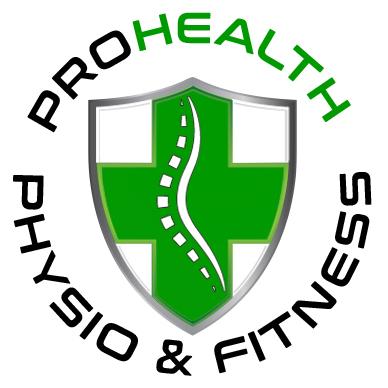At PROHEALTH PHYSIO & FITNESS (EP), we’re passionate about helping runners reach peak performance through science-backed strategies. Whether you're training for your first 5K or chasing a personal best in a marathon, the right nutritional support can make all the difference. One supplement gaining serious traction in the endurance world is Beta-Alanine, a powerful amino acid known for its ability to delay fatigue and enhance stamina. In this article, we’ll explore how Beta-Alanine works, why it matters for runners, and how to use it effectively to elevate your training and race-day results.
What Is Beta-Alanine?
Beta-Alanine is a non-essential amino acid that plays a crucial role in the production of carnosine, a compound that buffers acid in muscles. This buffering effect helps delay muscle fatigue, especially during high-intensity or prolonged exercise—making it a powerful ally for runners.
How Beta-Alanine Enhances Running Performance
Whether you're a sprinter or a long-distance runner, Beta-Alanine can help you push harder and recover faster. Here's how:
- Delays Muscle Fatigue: By increasing carnosine levels, Beta-Alanine helps neutralize lactic acid buildup, allowing runners to maintain pace longer.
- Improves Anaerobic Capacity: Ideal for interval training and hill sprints, it supports short bursts of high-intensity effort.
- Supports Endurance: Studies show that Beta-Alanine supplementation can improve time-to-exhaustion in endurance athletes.
When and How to Take Beta-Alanine
To maximize its benefits, consistency is key. Beta-Alanine works best when taken daily over several weeks.
- Dosage: 3.2 to 6.4 grams per day, split into smaller doses to reduce tingling (paresthesia).
- Timing: Not necessary to take pre-run; focus on daily intake to build carnosine stores.
- Stacking: Often paired with creatine or caffeine for enhanced performance.
Side Effects and Safety
The most common side effect is a harmless tingling sensation, especially with higher doses. To minimize this:
- Split doses throughout the day.
- Choose sustained-release formulations.
Beta-Alanine is generally safe for healthy adults, but always consult a healthcare professional before starting any supplement regimen.
Is Beta-Alanine Right for You?
If you're training for a race, tackling tough terrain, or simply want to improve your stamina, Beta-Alanine could be the missing piece in your performance puzzle. It's especially beneficial for:
- Middle-distance runners (800m to 5K)
- Trail runners and obstacle course racers
- Athletes doing interval or tempo training
Expert Insight from PROHEALTH PHYSIO & FITNESS (EP)
At PROHEALTH PHYSIO & FITNESS (EP), we believe in evidence-based performance. Our team of physiotherapists and sports nutritionists can help you integrate Beta-Alanine into your training plan safely and effectively.
“Beta-Alanine is one of the most researched supplements for endurance athletes. When used correctly, it can be a game-changer for runners looking to break through performance plateaus.” — PROHEALTH PHYSIO & FITNESS (EP) Team
Ready to Take the Next Step?
Visit us at PROHEALTH PHYSIO & FITNESS (EP) for personalized guidance, supplement protocols, and performance testing. Let’s help you run stronger, longer, and smarter.
A small study found that in the tested runners who ingested beta alanine, their time to run 10km was significantly faster than those who did not. It also found that they had lower lactate levels in their blood following the running tests. This suggests having beta alanine before a 10km run (a common fun run distance), could improve your time in the run!
So if you are looking for an edge going into upcoming running events, consider beta alanine and for support or advice, please contact our physios for specialist assistance.
Title: Beta-Alanine Supplementation Improved 10-Km Running Time Trial In Physically Active Adults
Source: Frontiers in Physiology
Read time: 15 minutes

